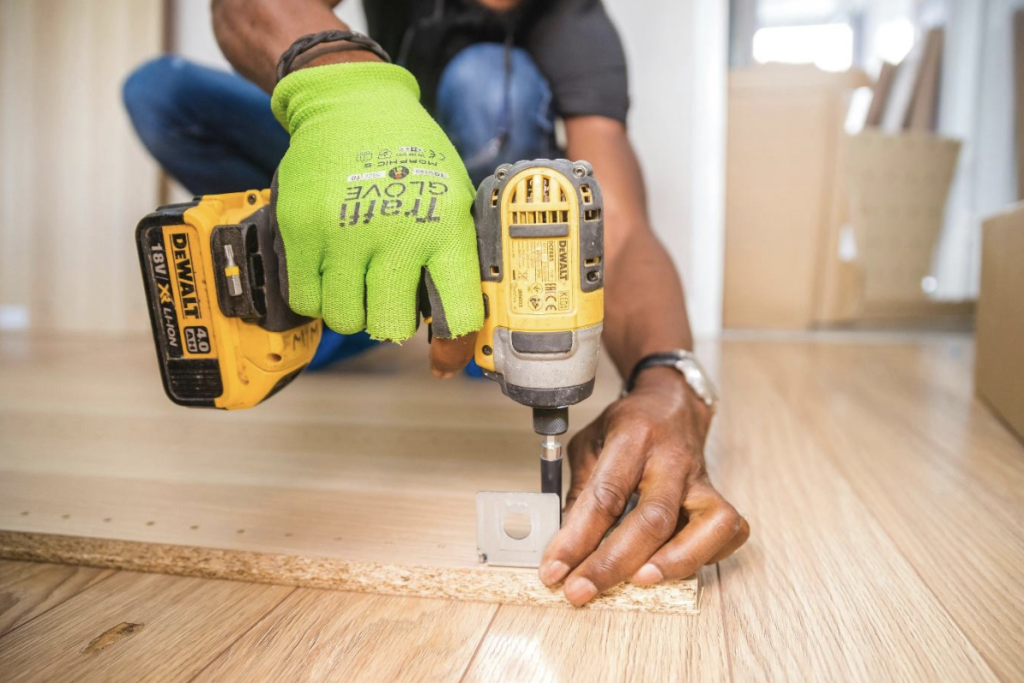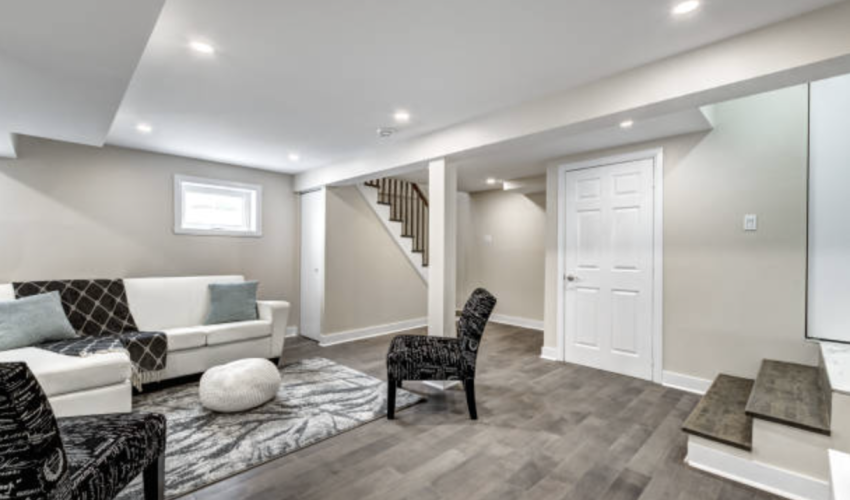A moist basement isn’t just a minor inconvenience for homeowners to deal with. It’s a real health and safety concern that calls for a permanent fix. Structural waterproofing is the best way to address the issue before it causes damage to your property. Getting the help of professionals will not only protect your basement against moisture. At the end of the day, you also get a dry, habitable space with endless possibilities for use – from storage to a new kitchen area, home office or even a sauna.
What is Structural Waterproofing?
Structural waterproofing refers to the techniques and materials used to prevent water from entering and damaging building structures, particularly those below ground level, such as basements, cellars, and foundations. Effective basement waterproofing can be achieved through various methods, including the application of sealants, the installation of drainage systems, and the use of waterproof membranes. Each approach addresses different aspects of water ingress, tackling the problem head-on to keep your basement dry and your property structurally sound.

Why Does My Basement Need Structural Waterproofing?
The benefits of basement waterproofing extend beyond just preventing immediate water damage. Long-term exposure to moisture can weaken the structural integrity of your foundation, leading to costly repairs and decreased property value. Damp environments are also breeding grounds for mould and mildew, compromising your indoor air quality.
Basement waterproofing presents a whole host of other advantages as well. If you aren’t already utilising that underground space, think about its potential as an extra room for storage or relaxation. At ABS Basement Systems, we specialise in transforming basements into functional areas like wine cellars, home offices, gyms and more.
Choosing the Right Waterproofing Method
The British Standard 8102:2022 outlines three primary types of waterproofing—Type A, B, and C:
- Type A (Barrier Protection): This method uses barrier membranes applied internally or externally to block water ingress.
- Type B (Structurally Integral Protection): The use of waterproofing materials in the initial design and construction ensures the structure is sealed and watertight.
- Type C (Drained Protection): Installation of a sump pump or repairing your old one will handle any water that enters the area.
As a leading basement refurbishment company, ABS Basement Systems can assess the unique needs of your property to install the most effective dry basement solutions. If you require expert advice from our basement conversion specialists or are looking to transform your underground space, please contact us for a survey at 01895 810 875 or david@absbasementsystems.co.uk.

